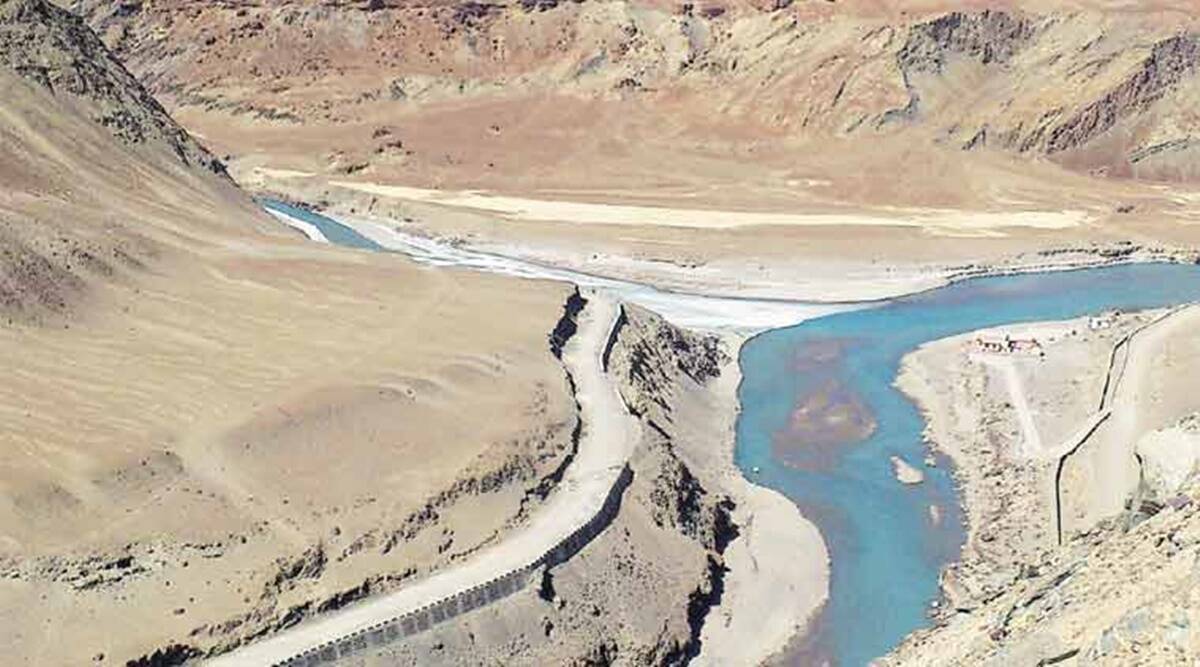Situations have changed: in 2021, a House committee asked the Centre to renegotiate the Indus treaty.

A Parliamentary standing committee had said in 2021 that the Indus Water Treaty should be renegotiated because of “pressing issues” such as climate change and global warming (IWT).
In its report, the Departmentally Related Standing Committees on Water Resources said, “The Committee observes that the Indus Water Treaty has stood the test of time, but they are of the opinion that the Treaty was made based on the knowledge and technology that existed at the time it was signed in the 1960s.” At that time, both countries were only thinking about controlling rivers and using water by building dams, barrages, canals, and hydroelectric plants.
The committee, which was led by BJP MP Sanjay Jaiswal, said that the Treaty didn’t take into account important issues like climate change, global warming, and environmental impact assessments, among other things. Because of this, the Treaty needs to be renegotiated so that some kind of institutional structure or legal framework can be put in place to deal with the effects of climate change on the availability of water in the Indus basin and other problems that are not covered by the Treaty.
So, the panel said that the Centre should take “the necessary diplomatic steps to renegotiate the Indus Water Treaty with Pakistan,” which was written in a report that was given to Parliament on August 5, 2021.
The committee pointed out that under the IWT, India has the right to store up to 3.6 million acre-feet (MAF) of water on Western rivers, but “no” storage capacity has been built by India so far.
The report, called “Flood Management in the Country, Including International Water Treaties in the Field of Water Resource Management with Particular Reference to Treaty/Agreement, Entered into with China, Pakistan, and Bhutan,” said: “…out of an estimated 20,000 MW of power potential that could be used from western rivers’ power projects, only 3,482 MW have been built so far…. Also, the Treaty gives India the right to use water from western rivers to irrigate 13,43,477 acres (9,12,477 acres without building any storage and 4,31,000 acres after building storage and releasing a certain amount of water into the river each year). But according to the most recent information for the crop year 2019-20, India’s ICA on Western rivers is 7,59,859 acres.”
It said, “Keeping in mind the above situation, the Committee recommends that the Government of India look into whether it is possible to make the most of the Indus Water Treaty in terms of using all the water from the eastern rivers and all the irrigation and hydropower potential from the western rivers, as well as storing as much water as the treaty allows.”
The committee was also worried about the poor maintenance of canals in Punjab and Rajasthan and how that affected how much water they could carry.
It said that it was “worried” that canals in Punjab and Rajasthan were “very old and not properly maintained,” which made them less able to carry water. Canals like the Rajasthan Feeder and the Sarhind Feeder are only working at 1/3 of their full capacity. This means that water from the Harike Barrage is being sent to Pakistan.
“The Committee, therefore, urges the Government to finish projects like Ujh and Shahpur Kandi quickly so that the full potential of the western rivers can be used for irrigation and other things. Also, the Committee suggests that the canal system in Rajasthan and Punjab be fixed, made stronger, and kept in good condition so that it can carry more water.
A report on how the committee’s suggestions were followed up on that was given to Parliament on July 22, 2022. It shows that the Ministry of Jal Shakti told the Ministry of External Affairs about the committee’s suggestion that the Indus Water Treaty be renegotiated.
India told Pakistan on January 25 of this year that they wanted to change the IWT, which was signed in September 1960 and has survived three wars, the Kargil conflict, and terror attacks in Mumbai and Kashmir.
Sources say that “intransigence” on the part of Pakistan forced India to send the notice of modification and update the treaty to “include the lessons learned over the last 62 years.” “The goal of the notice for modification is to give Pakistan a chance to fix the material breach of the IWT through intergovernmental talks within 90 days,” a source said.
According to Article XII (3) of the IWT, India gave Pakistan notice on January 25 through their respective Commissioners for Indus Waters. The article says, “The terms of this Treaty may be changed from time to time by a treaty between the two governments that has been properly ratified.”



